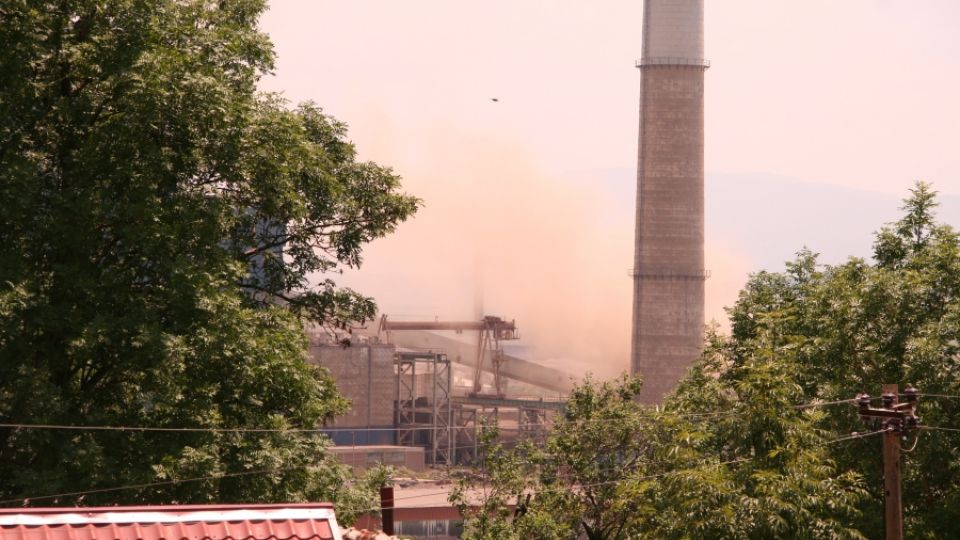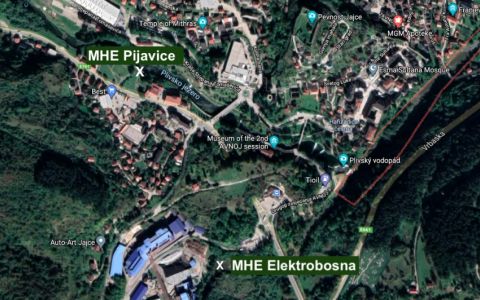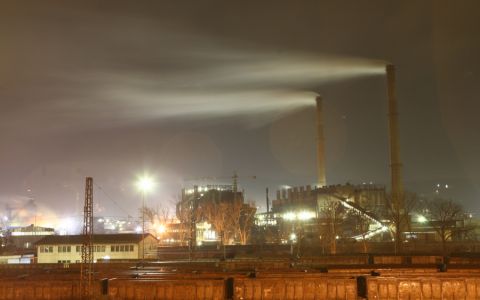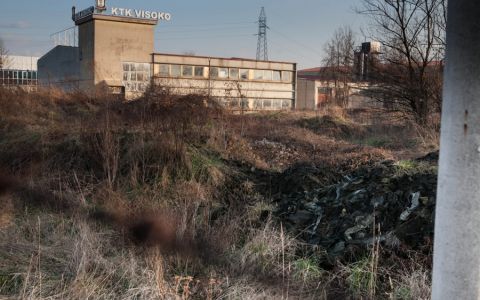Coal fired power plant Gacko was commissioned 30 years ago. In 2005 the company was privatized and registered as Mine and TPP Gacko RITE. In 2006 the Gacko Energy Company became subsidiary of state power utility Elektroprivreda Republike Srpske ERS (with 65% property share, remaining 35% belonged to small shareholders). During the construction of Gacko I unit some part of infrastructural facilities for new Gacko II unit were also completed. In 2006 ERS decided to enter the joint venture agreement with Czech company ČEZ. The plan was to construct the new power plant by 2013, overhaul the existing equipment and extend their operation life but also to invest in new coal mine field in order to increase the coal deposits for supply of new power plant. The missing capital would be secured through commercial loans.
After years of litigation between ČEZ and ERS the government in Republika Srpska restarted the project Gacko II this time with the potential contractor Chinese company Dongfang Electric Corporation. The Chinese company is willing to support in loan and financial mechanism set up which would be acceptable for ERS. The key factor is the loan repayment condition. Dongfang has finished the construction of coal fired power plant Stanari whose construction and operation was concessioned by UK Company EFT Mine and TPP Stanari.
China has signed the Paris Agreement in April 2016, and with that pledged to a fast track development to a renewable future. However, China´s funding of energy projects in the South East Europe region contradicts that commitment, as it is currently the biggest investor in dirty lignite in the region. This poses a significant threat to the EU climate and energy goals that South East European countries should be fulfilling on their path to accession.
„Foreign investors shouldn’t lock this region into a destructive path by attracting investment in thermal power plants that emit large amounts of CO2. We are again urging the Chinese authorities to consider the need of our countries to phase out fossil fuels and concentrate on a transformation to an energy efficient economy, based on environmentally sustainable forms of renewable energy”, said Nataša Đereg, director of CEKOR from Serbia.







